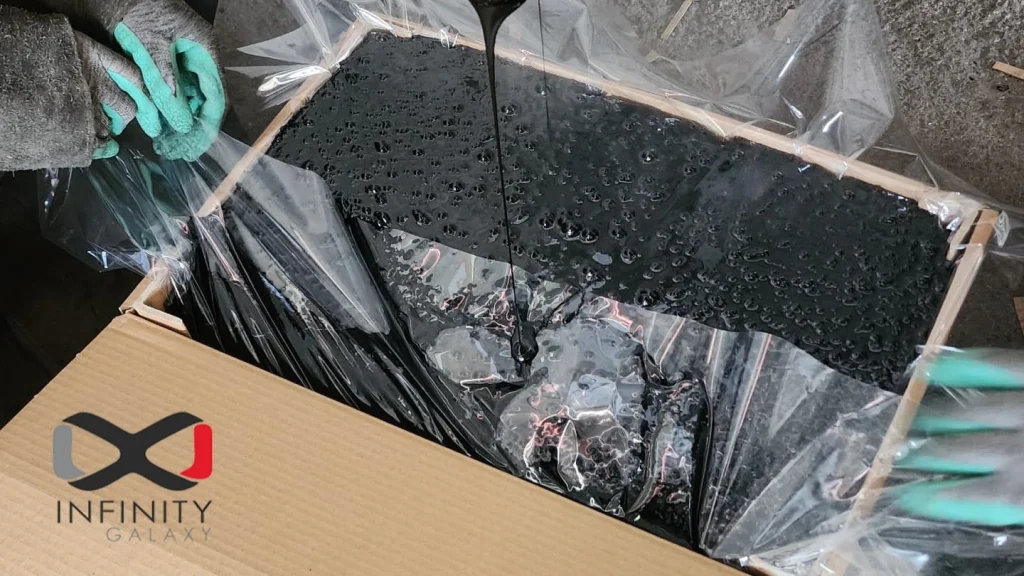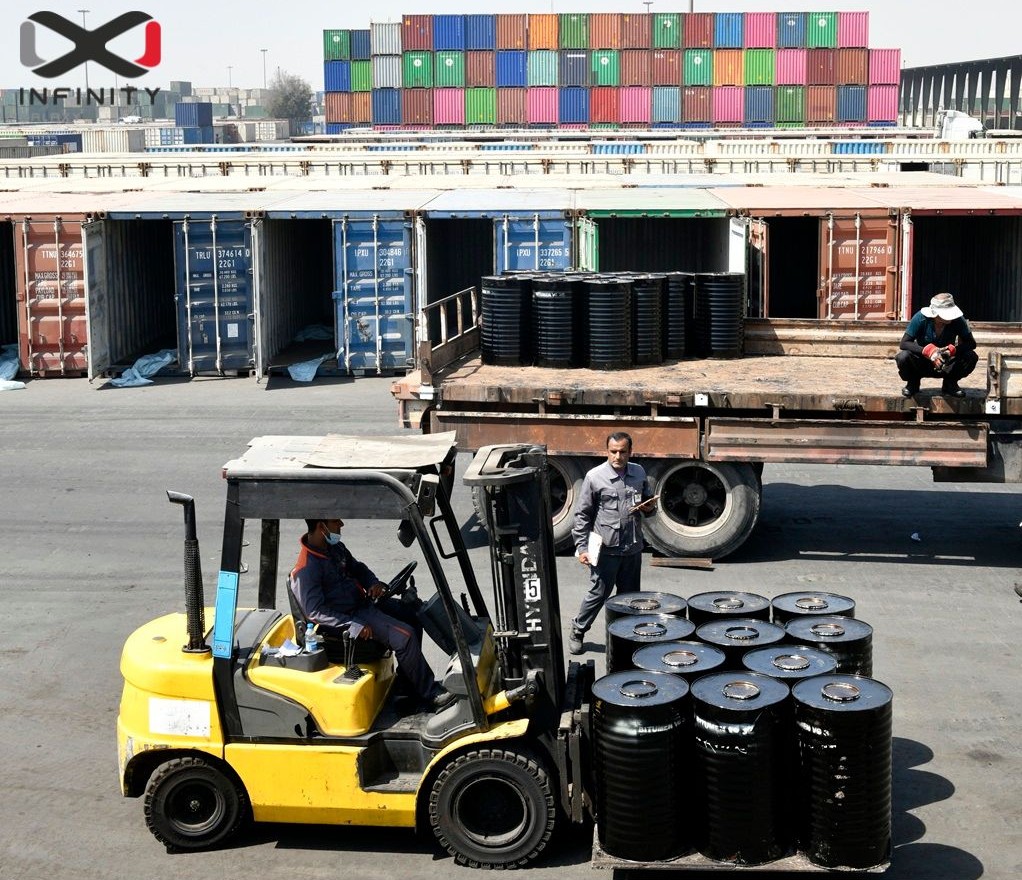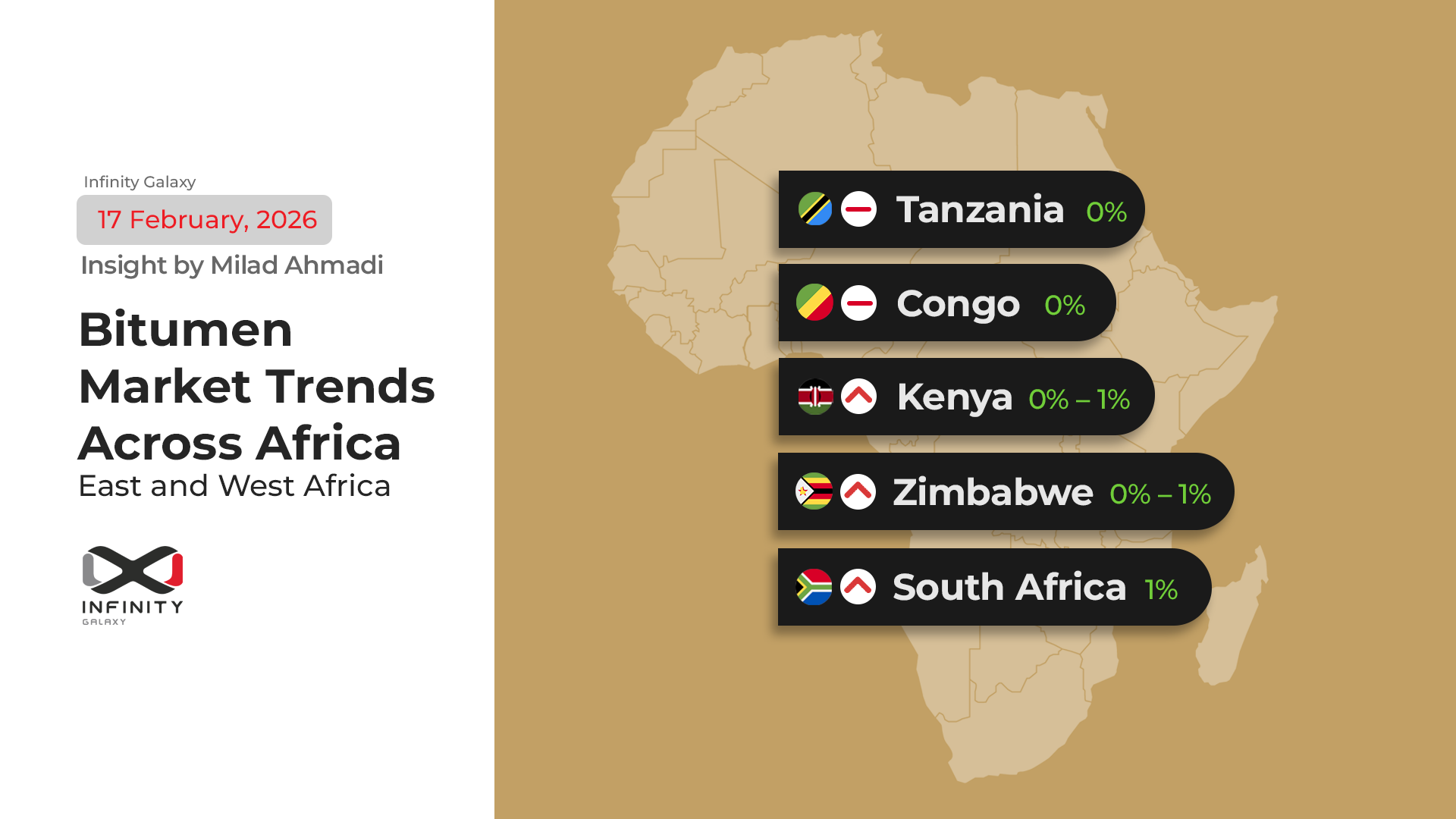Weekly Bitumen Report: Geopolitical Pressure and Oversupply; Bitumen Market on the Brink of Cautious Adjustment

Over the past week, geopolitical tensions have risen across multiple regions. In South Asia, India launched a wide-scale airstrike on targets in Pakistan in response to a terrorist attack in Kashmir, resulting in dozens of casualties. Pakistan condemned the action as “an act of war” and has vowed retaliation.
In the Middle East, Israel has intensified its aerial operations on Gaza and approved a plan for a full-scale occupation of the region. These developments have led to over 60 fatalities and sparked widespread international concern.
In Europe, Russia announced a three-day ceasefire in Ukraine from May 8 to 10. However, Ukrainian officials have questioned the Kremlin’s motives and demanded a longer-term ceasefire, expressing doubts over Russia’s sincerity.
The fourth round of nuclear talks between Iran and the United States is scheduled for Sunday, May 11, in Oman. These negotiations aim to de-escalate tensions and potentially return to the nuclear deal. However, disagreements over uranium enrichment rights and the lift of sanctions remain unresolved.
Meanwhile, trade tensions between China and the United States persist, with both sides maintaining heavy tariffs on a wide range of goods. A new round of talks is expected in Switzerland, but deep-rooted disagreements remain unchanged.
Amid these developments, OPEC+ has confirmed plans to increase crude oil output by 411,000 barrels per day starting June. The decision comes at a time when oil prices have dropped to their lowest level in the past four years.
On Thursday, May 8, Brent crude settled at $62.47. Singapore’s 180 CST fuel oil was assessed at 414$, while bitumen prices in Singapore and South Korea stood at 405$ and 385$ respectively. Bitumen prices in Bahrain remained stable at $370, and European prices hovered between $390 and $440 per MT.
In India, bitumen prices may find marginal support as its activists expect potential disruptions in bulk imports due to sanctions on select vessels. Simultaneously, continued devaluation of the Rupee could prompt domestic refiners to implement slight price hikes, applying moderate upward pressure on the local market in the short term.
In Iran, two weeks after the massive fire incident at the Bandar Abbas port, recovery efforts are still underway. However, energy imbalances across the country are expected to trigger significant disruptions in the bitumen supply and export chain. Over the past week, refineries showed a 25% competition rate in vacuum bottom purchases. Still, falling oil prices and heightened geopolitical uncertainty have left producers in a state of instability, with most market participants closely monitoring upcoming developments.
To check the latest bitumen prices, you can visit Infinity Galaxy website:
https://infinitygalaxy.org/bitumen-price-today/
This article was prepared by Razieh Gilani, the export manager of Infinity Galaxy.






